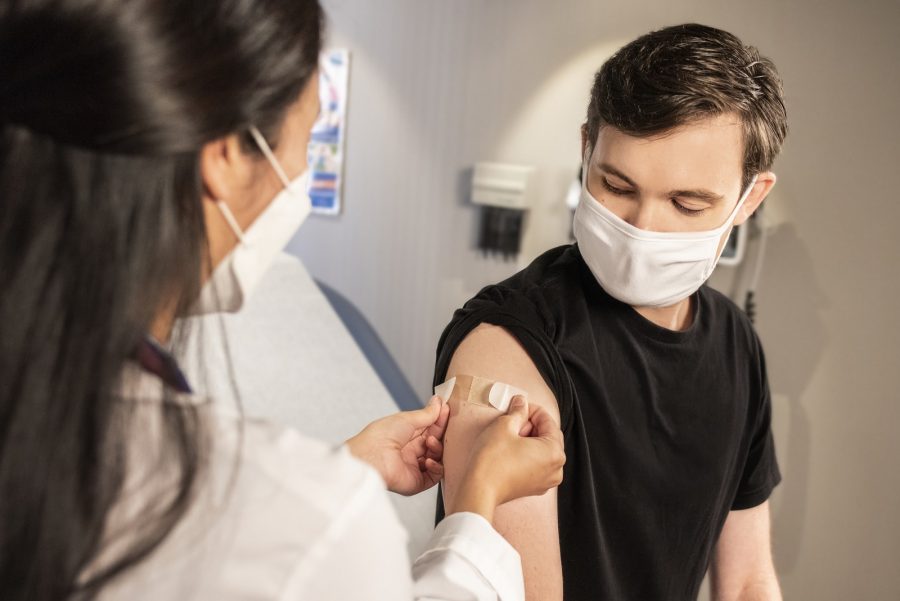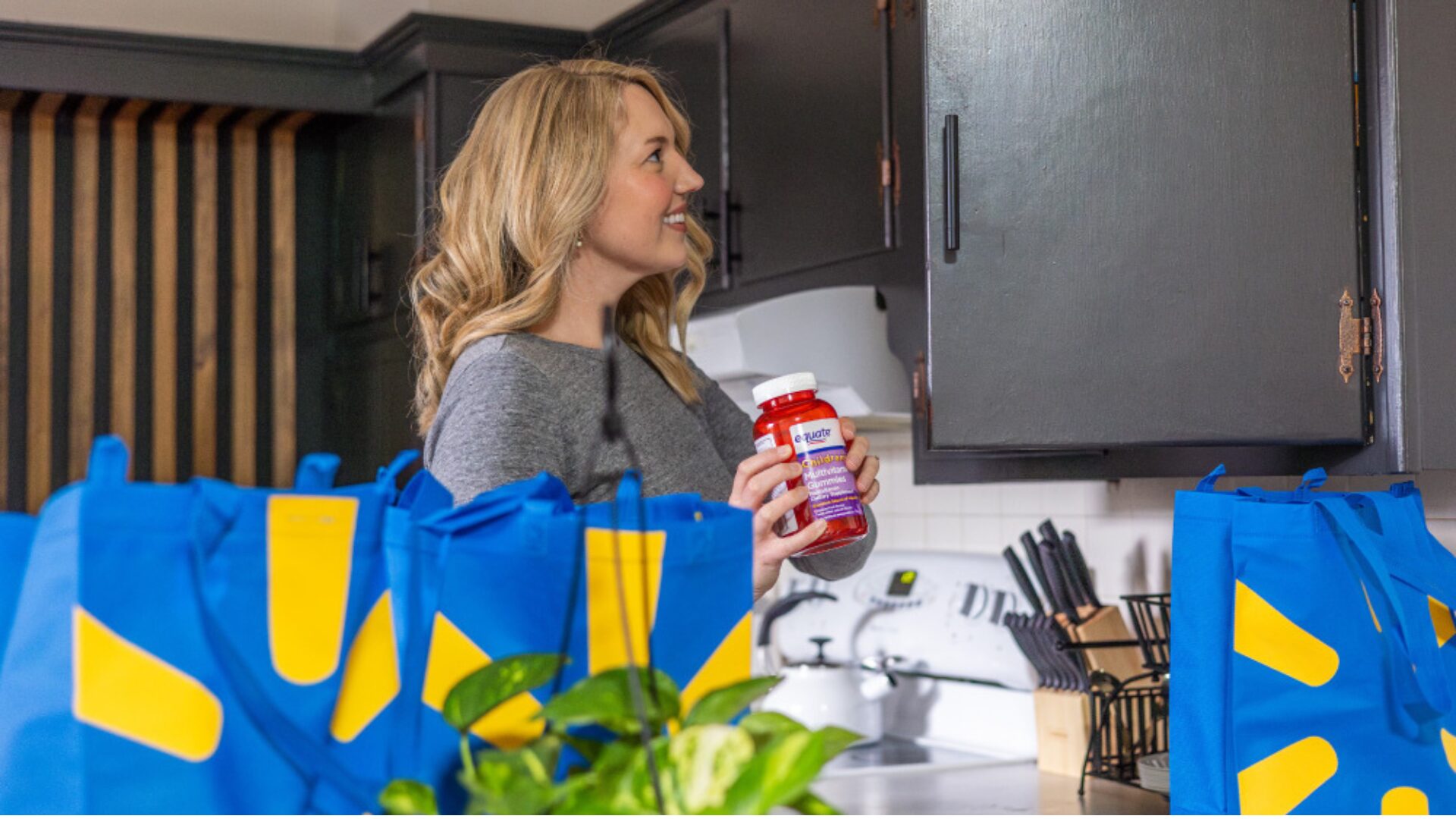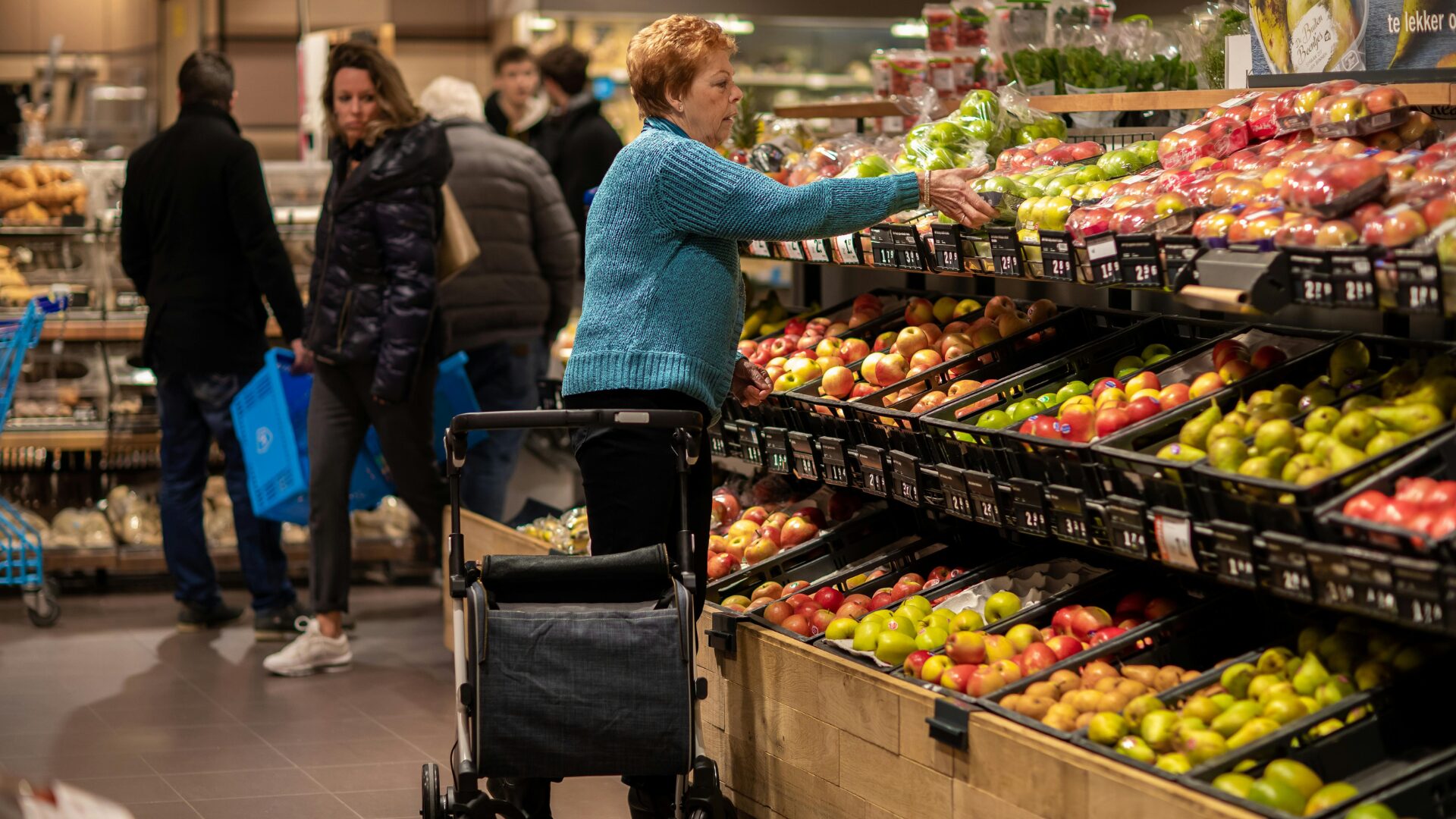With the FDA granting full approval for Pfizer’s COVID-19 vaccine, and the highly contagious delta variant spreading around the nation, several businesses are mandating that all or some employees provide proof of vaccination.
Recently, Cathay Pacific Airways Ltd. decided to “part company with a small number of aircrew” who chose not to receive available COVID vaccines and did not provide proof of a medical exemption, reported Bloomberg (Sept. 7).
In June, the Hong Kong-based carrier asked its flight crews to be fully inoculated by the end of August or face having their employment reviewed. All of Cathay’s flights since Sept. 1 have been with a fully- vaccinated crew, according to the airline.
HAS A TREND BEEN ESTABLISHED?
The move by Cathay leaves one wondering if this will establish a trend for other companies, like those in the food industry. Several food-related businesses already have vaccine mandates in place, like Walmart, McDonald’s, and Tyson, among others, reported NBC News (Aug. 3).
- Walmart corporate associates, managers and new hires are required to get their shots by October 4, unless they have an approved exception.
- McDonald’s is requiring all U.S.-based office workers and visitors to be vaccinated by September 27.
- Tyson is requiring its U.S. corporate workforce to be vaccinated by October 1 and all other employees by November 1, making it the largest U.S. food company to implement this kind of mandate.
Additionally, produce giant Taylor Farms has been engaged in an all-hands effort to persuade its 22,000 employees to be vaccinated, reported The Wall Street Journal (Aug. 19). The company is offering on-site vaccination clinics and cash incentives.
However, the tight labor market has company-founder Bruce Taylor worried about losing part of his workforce.
“As much as I’d like to say it’s 100% required, I don’t want to lose 10% of my workforce,” Taylor told The Wall Street Journal.











